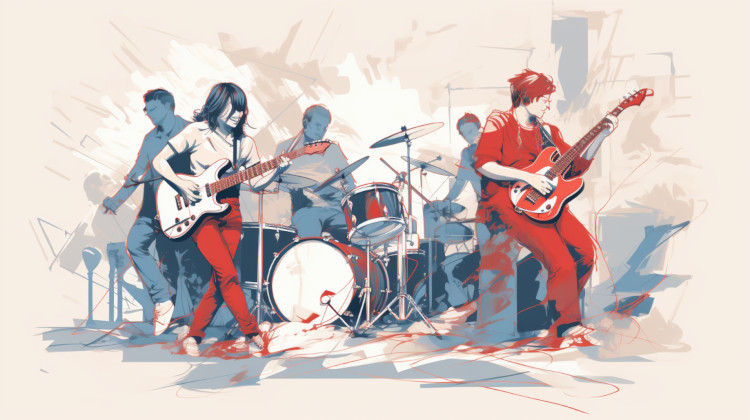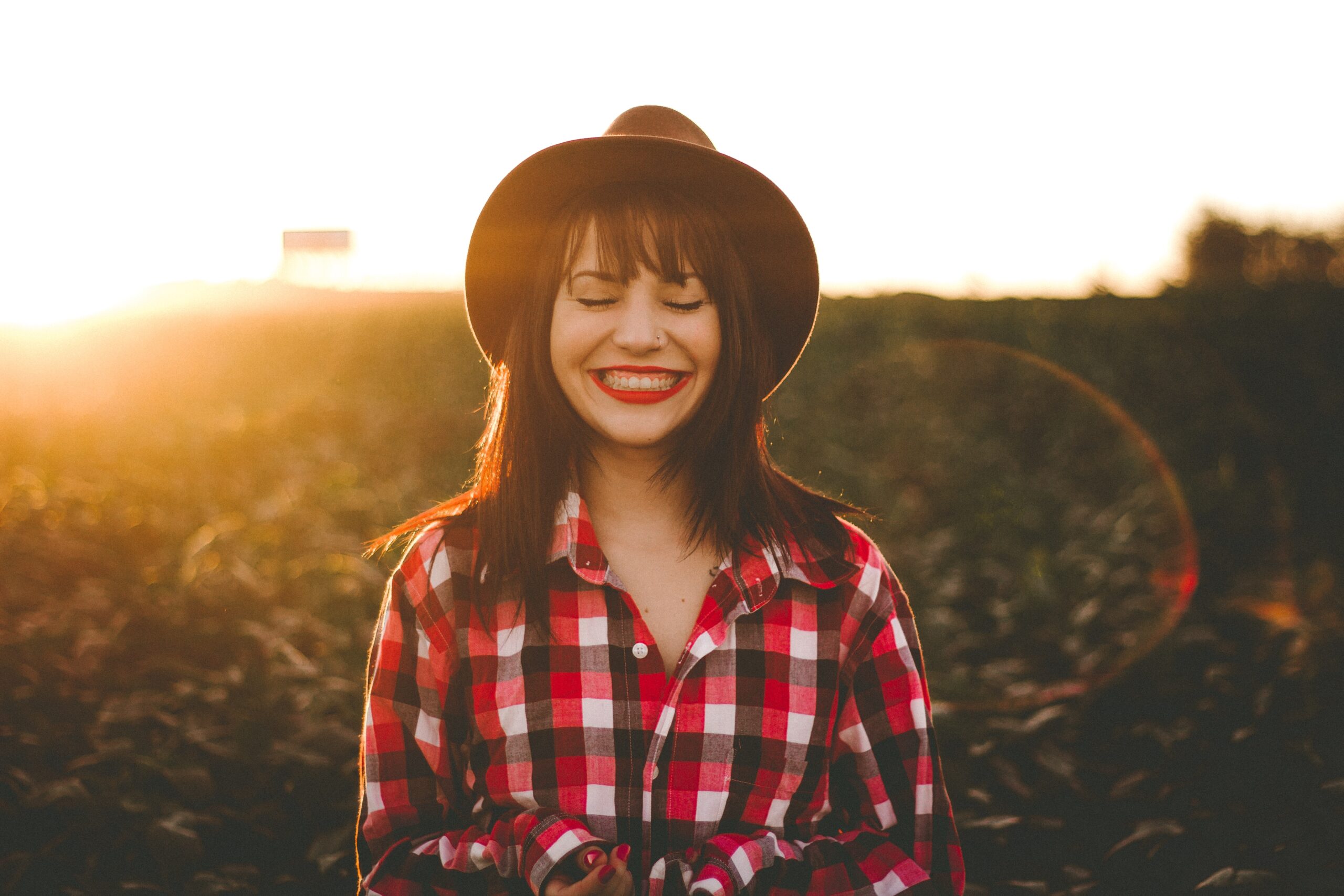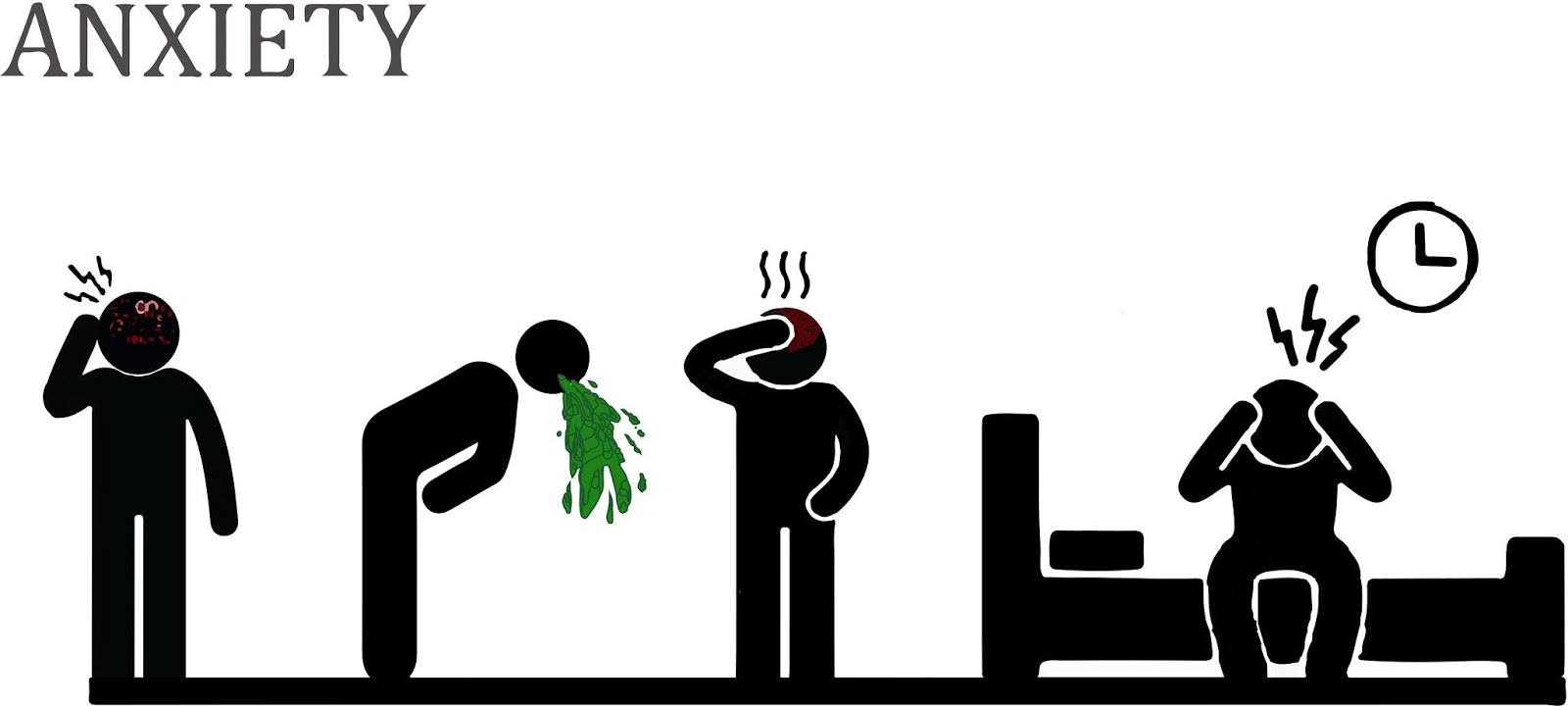-
What you will learn in this post:
Depression is a mood disorder that occurs in scores of people worldwide. It can impede daily life by causing intense feelings that affect motivation and happiness. The condition may even trigger other symptoms impacting parts of the body like the heart, liver, and nervous system.
In the US, the rate of people experiencing depression can change yearly, as the disorder may happen to people at different intensities at any given time. In 2020, approximately 8% of the adult population experienced at least one major depressive episode.
Of the people who experience depression, less than 50% received treatment. This may be because of the intricacy of the condition and the long-running stigma against mental health. Depending on the severity of the situation, people choose various treatments, from clinical therapy and prescription medication to self-treatment with activities like exercise or crafts. Others have tried alternative medications like cannabis.
But does it really work? In order to get to the answer, it's key to untangle the complex relationship between cannabis and depression.
What is Depression?
Depression is an umbrella term for a set of disorders that affect a person's mood, leaving them with ongoing bouts of sadness and interest loss. The condition is sometimes confused with everyday sadness and grief. However, depression is considered more severe, as those who suffer from depression often exhibit an inability to go on their day as they typically would.
The American Psychiatric Association’s Diagnostic Statistical Manual of Mental Disorders lists and classifies five different disorders under depression that include:
- Disruptive mood dysregulation disorder
- Major depressive disorder
- Persistent depressive disorder (dysthymia)
- Premenstrual dysphoric disorder
- Depressive disorder due to another medical condition
The adverse emotional and physical effects of depression are well documented. But to be diagnosed with one of the above-listed diagnoses, at least 5 of the following symptoms must be present.
- Sleep disturbance
- Interest/pleasure reduction
- Guilt feelings or thoughts of worthlessness
- Energy changes/fatigue
- Concentration/attention impairment
- Appetite/weight changes
- Psychomotor disturbances
- Suicidal thoughts
- Depressed mood
Other specifiers that doctors may attach to a depression diagnosis include:
- Anxious distress
- Mixed features
- Melancholic features
- Atypical features
- Psychotic features
- Catatonia
- Peripartum onset
- Seasonal pattern
Typically, symptoms of depression must last for at least two weeks before being classified as depression. Symptoms can begin at any point in a person's life, and the disorder's cause can range drastically from person to person. It tends to be a mixture of faulty mood regulation of the brain, traumatic events, and genetic vulnerability.
External factors are believed to play a significant role as well, with the effects of stress and medications potentially playing a part in the development of depression.
The complex nature of depression and its varied causes have made diagnosing depression difficult. With numerous development avenues, professionals often explore several treatment forms to determine what works best for each patient.
Other medical diagnoses that include depression as a symptom like
- Bipolar I and II disorders,
- Cyclothymic disorder,
- Other depression disorders.
Treatment for depression can include one or a mixture of prescription medications like SSRIs, psychotherapy, hospital/residential treatment, or other alternative remedies. People who don’t respond to traditional treatment methods may use more intensive options like Electroconvulsive Therapy (ECT). More recently, psychedelics like psilocybin mushrooms are showing potential in managing treatment-resistant depression.
Medical professionals and their patients with depression usually have to explore several options before reaching the most suitable method. People are also often encouraged to practice self-help and personal care that puts them in their best mental state. For some, medical marijuana has been reported as such an option.
Does Marijuana Help Depression?
Depression is one of a few mental health disorders commonly listed as a qualifying condition for medical cannabis in some states. However, the research supporting a beneficial link between depression and weed is limited and just as complex as the disorder, its cause, and its symptoms.
A 2022 study from the UK found that cannabis use was linked to a reduction of depression and its symptoms. However, they concluded by saying that they could not find a causal link between the two due to the limitations of the study.1 The promising findings will hopefully prompt further studies on the topic.
One review of literature from 2021 called for more research to explore and understand cannabis and depression but found a few links between the two. These included findings that cannabis use and depression often coexist, with more research pointing toward depression leading toward cannabis use as a way to find symptom relief. Other findings note that cannabis use during adolescence may increase the risk of developing depression.2
Despite the lack of clinical research to support any causal link between cannabis usage and the treatment of depression, mood disorder is a common reason people use medical cannabis.3,4 Another study found that even if patients are using cannabis products, like those rich in CBD, they may not be reporting that to their psychiatrists.5
In some cases, it may be that cannabis can help deal with some of the symptoms of depression. Cannabis has demonstrated in research that it may help relieve various symptoms related to depression, such as sleep issues, anxiety, mood, other mental health disorders, and appetite.6
Can Weed Make You Depressed?

In some cases, cannabis has been linked to an increased rate of depression. According to the available research, depression may be more likely to occur depending on the usage and potency of the product.
A large review published in 2017 found that heavy cannabis use was associated with a slight increase in the possibility of developing depressive disorders. However, the review authors state that there was no causal link found between cannabis use and depression, and more research is needed.7
Cannabis use may be even more important for doctors to note as it may also interact with medications like selective serotonin reuptake inhibitors (SSRIs), commonly prescribed for depression. This combination may also increase the risk of developing serotonin syndrome.
The research findings seem to be mixed, but a direct link between cannabis use and depression has yet to garner enough supportive evidence. Daniel K. Hall-Flavin, M.D. shared with Mayo Clinic, "Marijuana use and depression accompany each other more often than you might expect by chance, but there's no clear evidence that marijuana directly causes depression.”
Pros and Cons of Using Weed for Depression
Although there isn’t enough research to establish a direct link between cannabis use and depression, maybe people still use the substance to cope with the condition.
It may be because cannabis has many beneficial effects on symptoms that can occur when someone experiences depression. Possible symptoms cannabis use may help with include reducing stress, sleep issues, stimulating appetite if it’s been lost, and enhancing mood.6
However, it’s equally important to note that cannabis use - particularly at high doses - may also exacerbate symptoms like anxiety that often co-occur with depression.8
If you have been diagnosed or are susceptible to bouts of depression, it may be best to speak with a doctor before proceeding with cannabis consumption, especially if you’re taking any medications for a mood disorder.
Anxiety vs Depression: What’s the Difference?

Anxiety is a feeling that everyone experiences at least a few times a year. It is often a feeling of fear or uneasiness accompanied by symptoms of rapid heart rate or restlessness that can occur in moments as common as making a tough decision or getting ready for a job interview. Other people with anxiety disorders experience symptoms more intensely and frequently.
Similar to depression, there are several types of anxiety disorders, including panic disorders, phobias, social anxiety disorder, and separation anxiety, that are caused by various internal and external circumstances like trauma, illness, and stress.
The symptoms of the two disorders can be both similar and different. Depressive symptoms tend to limit individuals more than anxiety physically; however, they both can impact the body’s function and an individual's daily lifestyle, including work and personal relationships.
Depression and anxiety disorders are often comorbid, so many people are diagnosed with both. Survey reports have found that 45.7% of individuals with major depression have also been diagnosed with one or more anxiety disorders.9
Ask a Budtender: What Cannabis Products Can Help Alleviate Depression Symptoms?
While budtenders may be able to point to cultivars with commonly reported effects, like euphoria, patients are encouraged to speak with a medical professional to assess their needs and identify the best cannabis for treatment. Depending on the state and municipality, a qualified patient may be recommended to try a range of cannabis options, varying in application and cannabinoid content.
Standard options include cannabis flower, oils, edibles, topicals, and other medical treatments. Marketing restrictions, federal restrictions, and lack of research prevent cannabis brands from promoting medical claims. However, some studies suggest that THC strains may be the best place to start if you are trying to treat depression symptoms, while both high-THC and high-CBD strains may help anxiety symptoms.10 It may also be helpful to search for products that contain specific terpenes, like linalool and limonene.11
If you want to speak with a physician via telemedicine, NuggMD physicians serve patients in more than half the U.S., including California, New York, Ohio, Oklahoma, and Missouri. At NuggMD, we believe all patients have the right to try medicinal marijuana for their illnesses.
NuggMD's physicians are committed to helping patients learn about medical cannabis' risks and potential benefits so that they can make an informed decision about their treatment. And the NuggMD customer service team takes great pride in being the most customer-obsessed, reliable, and trustworthy platform in the community.
Weed and Depression FAQ

Can weed interact with prescription medication for depression?
Yes, cannabis may interact with some prescription medications for depression.12 If you’re taking medication and want to consume cannabis, speak with your doctor. The same is true for the reverse. If you’re consuming cannabis and may be prescribed medication as part of your depression treatment, let your doctor know about your consumption habits.
Can weed be a substitute for antidepressants?
There isn’t enough research to support the idea that cannabis is a sufficient substitution for the traditional treatment of depression. While many people use cannabis to ease symptoms, it’s essential to discuss cannabis as a treatment for depressive disorders with your doctor.
What is the right THC dosage for depression?
There is no set cannabis dosage for depression treatment. It is highly subjective and unique to the individual. The best rule for whatever product you choose to consume is to start with the lowest dose you’re comfortable with first. And keep in mind steps you can take if you feel overwhelmed.
Which consumption method is safest for depression?
There is no preferred or “safer” method of consumption when using cannabis as a depression treatment. Methods like joints, bowls, vapes, or dabs have their own set of health issues regarding inhaling the smoke, but edibles can provide potent effects that may last longer or feel stronger than an individual may like.
When should I not use weed for depression?
Cannabis should not be used as an alternative for depression if you have not spoken with a healthcare professional. While cannabis may help ease some symptoms, there is always the possibility that it may make your depression symptoms worse, so it’s best to discuss your unique situation with a doctor.
Will quitting cannabis cause depression?
Cannabis withdrawal is often considered to be far less challenging than withdrawal from alcohol and other drugs, but it may cause a wide array of symptoms and increase the risk of experiencing depression. If you have concerns, speak with your doctor.
Is indica or sativa better for depression?
Both indica and sativa cultivars can have properties that may help ease symptoms of depression. Which one is better is unique to the individual’s needs and preferences. That said, there are a few cultivars that some patients have found success with, like Jack Herer and Harlequin.
Is depression a qualifying condition for MMJ?
In some states, yes depression is listed as a qualifying medical condition to obtain your medical marijuana card.
Can CBD help with depression?
Some studies show that high-CBD products may help reduce symptoms associated with depression.
References
- Mangoo S, Erridge S, Holvey C, et al. Assessment of clinical outcomes of medicinal cannabis therapy for depression: analysis from the UK Medical Cannabis Registry. Expert Rev Neurother. 2022;22(11-12):995-1008. doi:10.1080/14737175.2022.2161894
↩︎ - Feingold D, Weinstein A. Cannabis and Depression. Cannabinoids and Neuropsychiatric Disorders. 2020;1264:67-80. doi:https://doi.org/10.1007/978-3-030-57369-0_5 ↩︎
- Pacek LR, Weinberger AH, Zhu J, Goodwin RD. Rapid increase in the prevalence of cannabis use among people with depression in the United States, 2005-17: the role of differentially changing risk perceptions. Addiction. 2020;115(5):935-943. doi:10.1111/add.14883
↩︎ - Kuhathasan N, Minuzzi L, MacKillop J, Frey BN. An investigation of cannabis use for insomnia in depression and anxiety in a naturalistic sample. BMC Psychiatry. 2022;22(1). doi:https://doi.org/10.1186/s12888-022-03948-6 ↩︎
- Wieckiewicz G, Stokłosa I, Stokłosa M, Gorczyca P, Pudlo R. Cannabidiol (CBD) in the Self-Treatment of Depression-Exploratory Study and a New Phenomenon of Concern for Psychiatrists. Front Psychiatry. 2022;13:837946. Published 2022 Mar 22. doi:10.3389/fpsyt.2022.837946 ↩︎
- Bonini SA, Premoli M, Tambaro S, et al. Cannabis sativa: A comprehensive ethnopharmacological review of a medicinal plant with a long history. Journal of Ethnopharmacology. 2018;227:300-315. doi:https://doi.org/10.1016/j.jep.2018.09.004
↩︎ - National Academies of Sciences, Engineering, and Medicine, Health and Medicine Division, Board on Population Health and Public Health Practice, Evidence A. Mental Health. Nih.gov. Published January 12, 2017. https://www.ncbi.nlm.nih.gov/books/NBK425748/
↩︎ - Keung MY, Leach E, Kreuser K, et al. Cannabis-Induced Anxiety Disorder in the Emergency Department. Cureus. 2023;15(4):e38158. Published 2023 Apr 26. doi:10.7759/cureus.38158 ↩︎
- Kalin NH. The Critical Relationship Between Anxiety and Depression. American Journal of Psychiatry. 2020;177(5):365-367. doi:https://doi.org/10.1176/appi.ajp.2020.20030305
↩︎ - Kuhathasan N, Minuzzi L, MacKillop J, Frey BN. An investigation of cannabis use for insomnia in depression and anxiety in a naturalistic sample. BMC Psychiatry. 2022;22(1):303. Published 2022 Apr 28. doi:10.1186/s12888-022-03948-6
↩︎ - Agatonovic-Kustrin S, Kustrin E, Gegechkori V, Morton DW. Anxiolytic Terpenoids and Aromatherapy for Anxiety and Depression. Adv Exp Med Biol. 2020;1260:283-296. doi:10.1007/978-3-030-42667-5_11
↩︎ - Vaughn SE, Strawn JR, Poweleit EA, Sarangdhar M, Ramsey LB. The Impact of Marijuana on Antidepressant Treatment in Adolescents: Clinical and Pharmacologic Considerations. J Pers Med. 2021;11(7):615. Published 2021 Jun 29. doi:10.3390/jpm11070615 ↩︎
The information in this article and any included images or charts are for educational purposes only. This information is neither a substitute for, nor does it replace, professional legal advice or medical advice, diagnosis, or treatment. If you have any concerns or questions about laws, regulations, or your health, you should always consult with an attorney, physician or other licensed professional.




